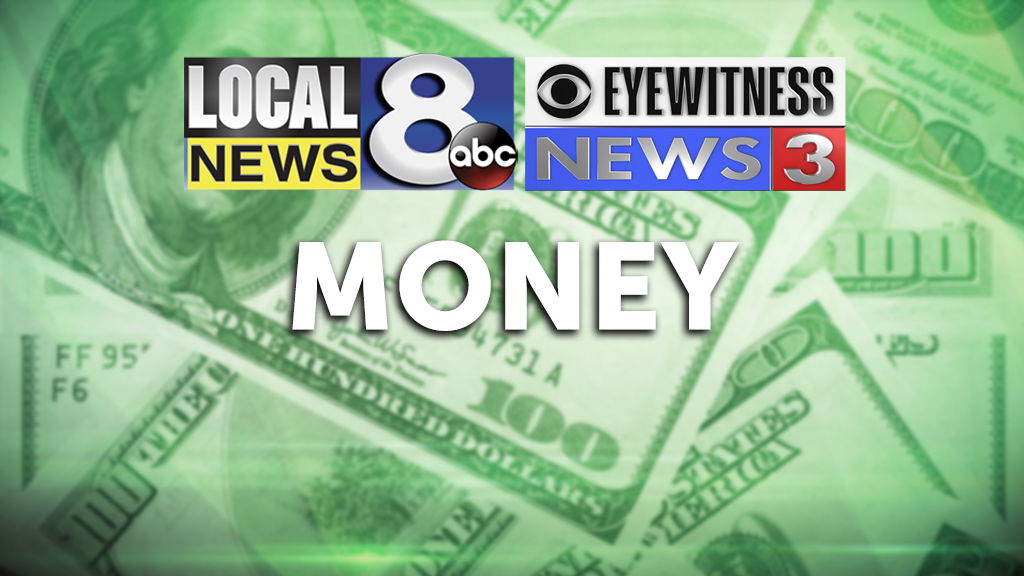First on CNN: Cameron Diaz wants to ship you her wine

Actress Cameron Diaz and fashion entrepreneur Katherine Power have a problem: Their new wine label is so popular that even they are having trouble tracking down bottles to buy. That’s about to become easier for them and their loyal fans.
Avaline, an organic wine label co-founded by the duo last year, is now selling wine on its website. The brand’s shift into the direct-to-consumer sphere comes following strong demand, partially spurred from people that are stuck at home during the pandemic.
“The consumer is now primed and comfortable ordering alcohol online and it’s only going to grow from here,” Power told CNN Business in a joint interview with Diaz. Power, who also co-founded the fashion brand Who What Wear, said there have been “roadblocks” with buying alcohol online, such as paying for shipping or being home to sign for it, that people are now overcoming.
For Diaz, selling directly is part of making Avaline a more accessible and everyday brand. The bottles have twist-off caps and text-only labels that say what’s in the wine (organic grapes) and what’s not (additives like artificial colors.)
“Our drinkers aren’t worried about the vintage or what regions it’s coming from,” she said. “What’s important to them is that it holds their values as far as what they’re consuming and what it tastes like.”
Power said she’s proud that Avaline is one of the first wine brands to offer a direct-to-consumer service. Of course, shipping wine isn’t a new concept as monthly wine clubs have been around for decades. But budding brands are increasingly focused on getting a piece of booming online sales.
Data from Nielsen shows that direct-to-consumer wine shipments jumped nearly 17% last year, and it’s now a $3.7 billion market. Online sales of alcohol shot up about 200%, with wine holding a 68% share of that total. Such explosive growth has attracted the attention of larger companies. Last month, Uber bought booze delivery service Drizly in a $1.1 billion deal.
“What should have taken us years as an industry happened in 2020,” Power remarked. Avaline isn’t abandoning retailers: The number of locations where it’s available has more than doubled to 5,000 this year.
Avaline also plans to debut exclusive wines for its website, a subscription option for “die hard” fans, and is even eying making other drinks besides wine, Power said.
Avaline markets itself as a “clean” alternative compared to other wines because it’s made from organic grapes from wineries that meets its certifications. The brand is part of massive “better for you” trend in the food and beverage industry aimed at attracting health-conscious millennials. Sales of organic and natural wines have grown about 14% over the past five years, according to IWSR Drinks Market Analysis.
Avaline claims to be off to a strong start so far. The brand sold more than 21,000 cases between July and December 2020, equating to about quarter million bottles of wine. That’s far beyond the pair’s expectations of about 8,000 cases.
It’s also affordable: A bottle costs less than $20 and is available in four blends including white, red, rosé and sparkling.
“Our price point is right in a sweet spot, for the consumer who knows the value of what they’re getting is all in the bottle,” Diaz said. “They don’t have to question whether or not they have to go up to a $35 bottle of wine to enjoy it.”
Diaz, who’s involved in Avaline’s day-to-day operations, hopes people eventually forget about her connection to the wine.
“Avaline is a standalone company,” she said. “In a few years down the line, people won’t even know I was part of it and they’ll be pleasantly surprised that I was one of the co-founders.”
